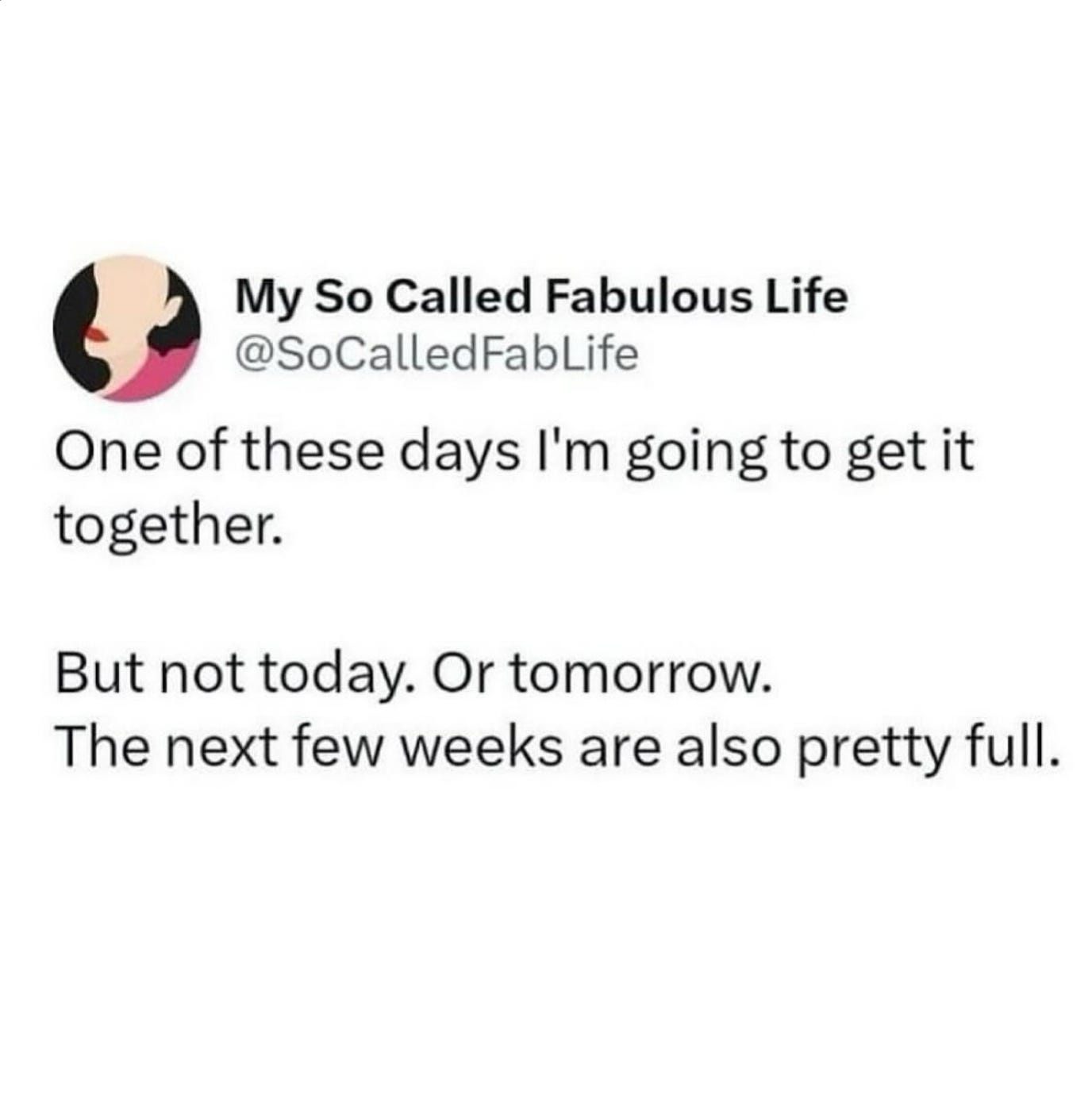One of my old bosses had a habit of never including a greeting (or a sign-off) in his emails. When things were fine, I just found it a bit brusque, though I understood that from his perspective it was about being efficient. But when I was nervous or unsure, or he was delivering feedback, every single one landed with an “ouch”.
And it’s not just him. I’m quite sure I’ve delivered my own series of “ouch” moments over the years. Many I’m aware of – the visible recoil or hurt facial expression often gives it away – but I’m sure there are plenty more I’m not.
We often talk about tone as a soft skill: a nice-to-have, but it’s the message that really matters, right? Wrong. In leadership, especially now, tone isn’t soft, it’s critical. And sometimes, when we get it wrong, it can be deeply damaging.
Leaders today are operating under relentless pressure: economic instability, organisational fatigue, and the ever-present demands of performance. It’s exactly in these high-pressure environments that tone becomes one of the first casualties. What gets lost in the rush to move fast, get things done, or respond quickly, is often not the content but the connection. And in a hybrid world, where so many cues are already stripped out, that loss is amplified.

The problem isn’t what you said, it’s how it landed
Most tone misfires are not deliberate. Few leaders set out to come across as brusque, dismissive, or detached, but intention doesn’t protect you from impact. That short email you dashed off under pressure? It read as cold. That ironic joke in a team meeting? It landed as belittling. The brief "Noted." reply in a group chat? It felt like a shutdown.
Context matters: if we’re only thinking about things from our perspective we are missing at least half the conversation. The situation of the person we’re speaking to (or emailing, or messaging) will impact how our message is received.
In digital communication especially, tone gets distorted. Nuance is lost, facial expressions and body language are missing, so people fill in the gaps – often with their fears, not your best intentions.
“Fear fills the void at all costs, passing off what you dread for what you know, offering up the worst in place of the ambiguous, substituting assumption for reason…. Fear replaces the unknown with the awful.”
From Isaac Lidsky’s excellent TED talk, What reality are you creating for yourself?
When tone breaks trust
Power dynamics only magnify the impact of your tone. The higher up you go, the more your tone echoes: what feels efficient or neutral to you can feel intimidating or dismissive to someone further down the hierarchy. Power acts like a multiplier of your message and your tone, adding significance, causing a ripple effect of interpretation and action that you almost certainly never intended.
Tone is a crucial part of our micro-interactions, and it’s essential to pay attention to it because our micro-interactions are never neutral. Every interaction is contributing to one of three things happening within a relationship.
First, you are growing it, nourishing it. Your micro-interactions are additive, net positive, forward moving over time and are contributing to an ever deeper and higher-quality relationship.
If that isn’t happening, there are only two other options for what is happening.
One, you are actively killing it. Your micro-interactions are damaging the relationship, causing loss of trust and decrease in connection and understanding.
Or two, you are letting it die through neglect. Whether through carelessness, thoughtlessness, a lack of self-awareness, laziness or simply not paying enough attention, the relationship is deteriorating. Trust is eroding, and the metaphorical distance between you is increasing.
If there’s a mismatch between your tone and your message, more often than not your tone matters more. So if that tone is eating away at trust, creating uncertainty, frustration or doubt, your micro-interactions will gradually corrode your relationships over time.
You don’t need to become bland, you need to become aware
Tone awareness is not about stripping out your personality. It’s about being intentional with your impact. The most effective leaders don’t become inoffensive robots, they are deliberate, thoughtful, and consistent. They bring warmth and presence, even when time is short. They invest in relationships so that when tone does slip (and it will), there’s enough trust in the bank to recover.
And when they get it wrong? They go back and fix it.
Here are a few things to look out for:
Pause before you press send. Read it back from their point of view. What tone will they hear? If there’s any ambiguity, add a human touch.
Acknowledge pressure. "I’m under a bit of time pressure today" helps others contextualise your brevity or directness.
Add warmth, not waffle. A short "Thanks for moving this along" can soften a direct instruction without diluting the message.
Watch your language habits. Phrases like "ASAP", "Can you clarify?", or "Why wasn’t this done?" can sound accusatory unless carefully framed.
Be present in meetings. Eye contact, nodding, putting your phone down – these are all tonal signals. They show care.
Repair when needed. If your tone missed the mark, name it. "I think I came across a bit sharp earlier – thanks for bearing with me."
Tone is leadership
We lead with our presence before we lead with our plans. In a high-stakes, high-pressure environment, tone becomes the carrying vehicle for trust. It tells people whether they matter, whether they’re safe to challenge, and whether you see, understand and value them.
Tone isn’t about being nice, it’s about being clear and connecting at the same time. It’s one of the most undervalued, over-powered levers a leader has. Sweat it, because it’s small stuff, and it makes a very big impact.
What do you think? Who can you think of who isn’t always aware of their tone? And when do you get caught out, and what can you do about that? Hit reply or leave a comment and let me know.
Meme of the week
Not especially related to the theme this week, just one that made me laugh out loud 😂
Thanks for reading, and I’ll see you next week! As a reminder, if you’d like to support me and my writing for the cost of a coffee each month, please consider upgrading to a paid subscription. More perks coming soon…
If you know someone who you think would enjoy this, use this button to share it with them directly. Thank you!




